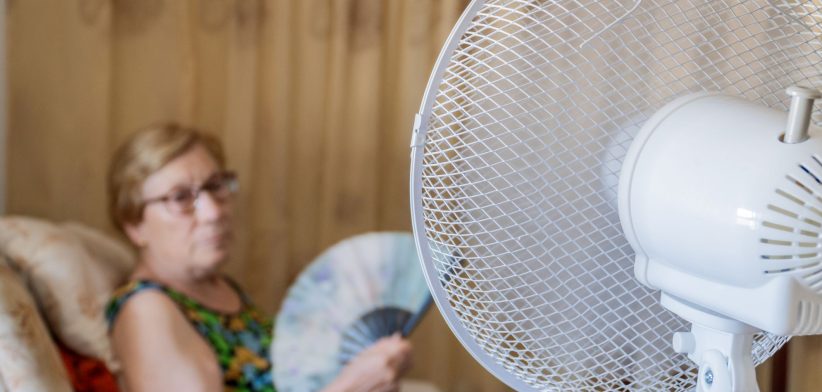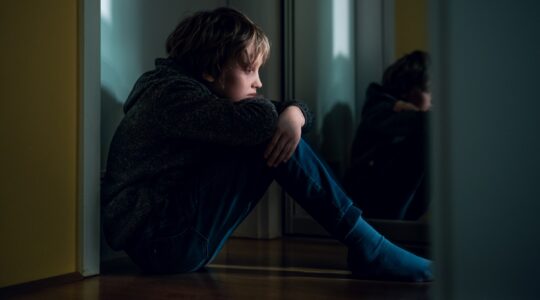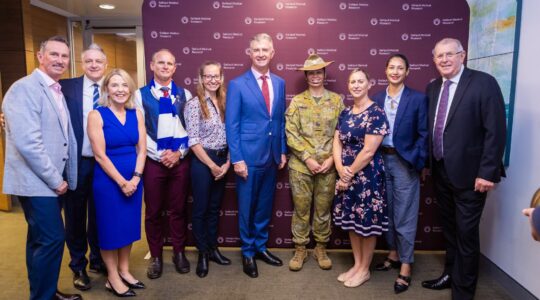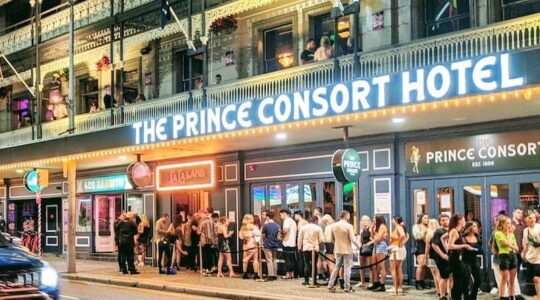Many Queenslanders feel trapped in their over-heated homes and are batting serious health issues as a result.
Around 80 percent of respondents to the latest QCOSS Heat Survey said their homes were too hot during Queensland’s summer, but they could not afford to cool them, nor leave them for cooler places.
Barriers to leaving their home to escape the heat included cost of entry to suitable buildings, cost and lack of transport and limited mobility or health issues.
Some had nowhere to go that was cooler or had caring duties or other responsibilities at home.
The inability to escape the heat triggered health issues with 78 percent of respondents reporting feeling unwell in their homes and 12 percent needing to seek medical attention for heat stress.
In addition to reducing the use of air conditioners and fans, the rising energy costs meant 40 percent of respondent cut back on using their stoves and 43 percent reduced home lighting use.
QCOSS CEO Aimee McVeigh said 27 percent of respondents had an energy debt or consider one to be imminent, while 22 percent had sold something to pay an energy bill.
Those with disabilities or chronic illness are more likely to be affected and many people are refusing to have visitors, exacerbating loneliness and other mental health issues.
“In 2024, there’s no reason why any Queenslander should get harmfully hot. But more Queenslanders die or get injured because of heatwaves than any other extreme weather event,” Ms McVeigh said.
QCOSS is calling on the State Government to ensure Queenslanders on low incomes receive ongoing electricity rebates and access to energy efficiency and renewable grants.
“It’s only fair that all Queenslanders should have a cool place to go in our harsh Sunshine State,” Ms McVeigh said.
Read the 2024 Heat Survey Queensland Snapshot.
A summary of the recommendations from the 2024 ACOSS/QCOSS Heat Survey:
- Commonwealth Government establish a Special Purpose Funding Vehicle to invest in energy performance across low-income housing.
- Commonwealth Government establish a 7-year program to fund energy performance and climate-resilience upgrades to all public and community housing, and First Nations community-controlled housing by 2030.
- Commonwealth Government work with state and territory governments to improve the energy performance of private rental properties.
- Commonwealth state, territory and local governments establish programs supporting energy upgrades to all low-income owner-occupier homes by 2030.
- State and territory governments reform energy concessions.
- Commonwealth Government remove the Small-Scale Renewable Energy Scheme (SRES) levy.
- Commonwealth Government provide up to $2000 per person experiencing energy hardship with unmanageable energy debt.
- Commonwealth Government immediately raise income support payments.
- Commonwealth, state, territory and local governments prioritise a heatwave risk reduction program.
- Governments fund the provision of and access to free-to-use cool spaces.








